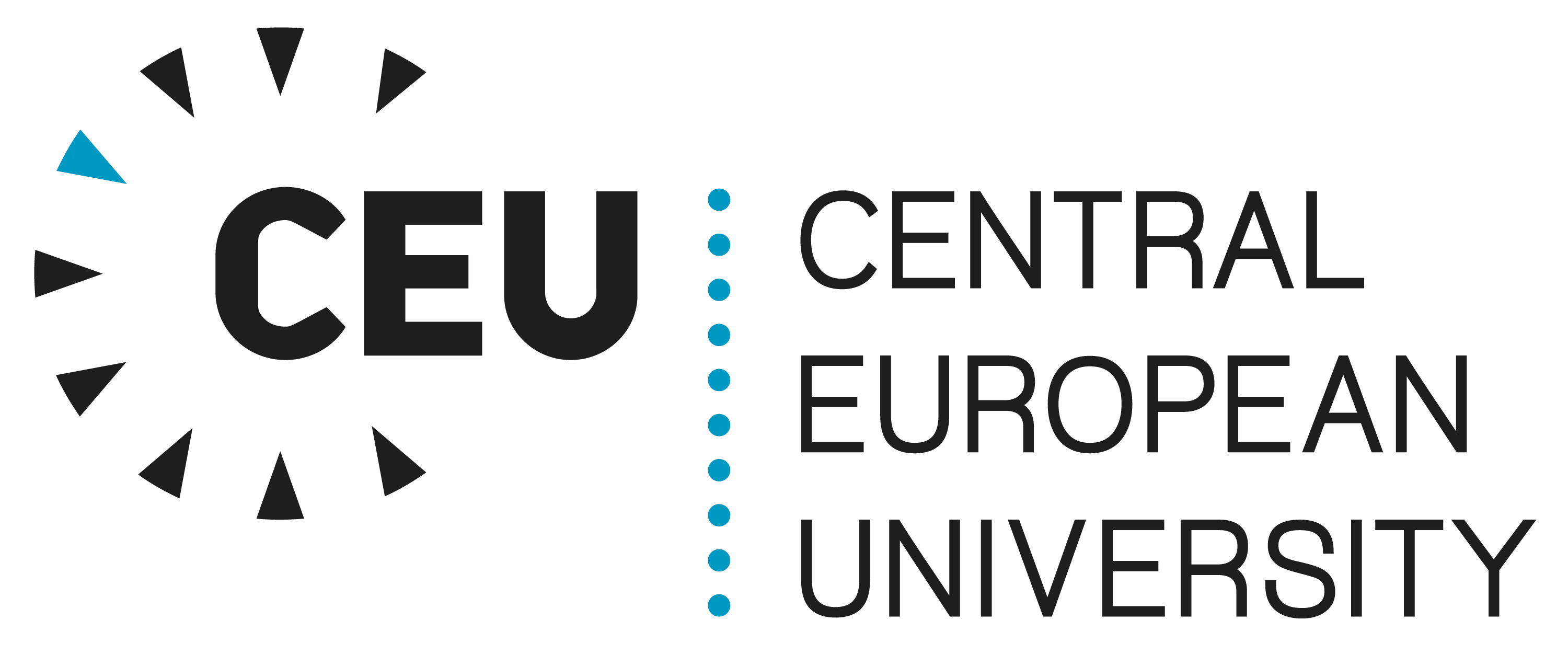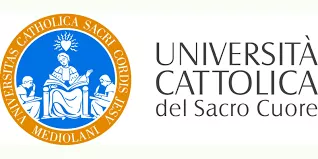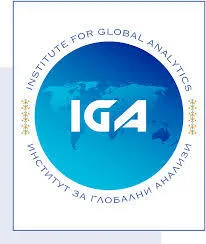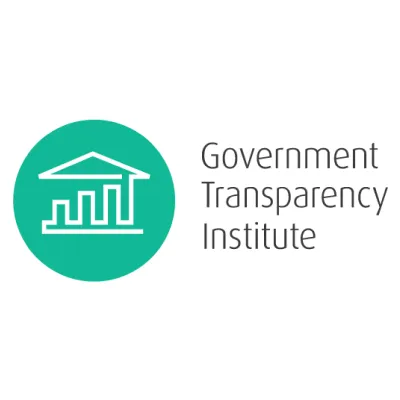RESPOND
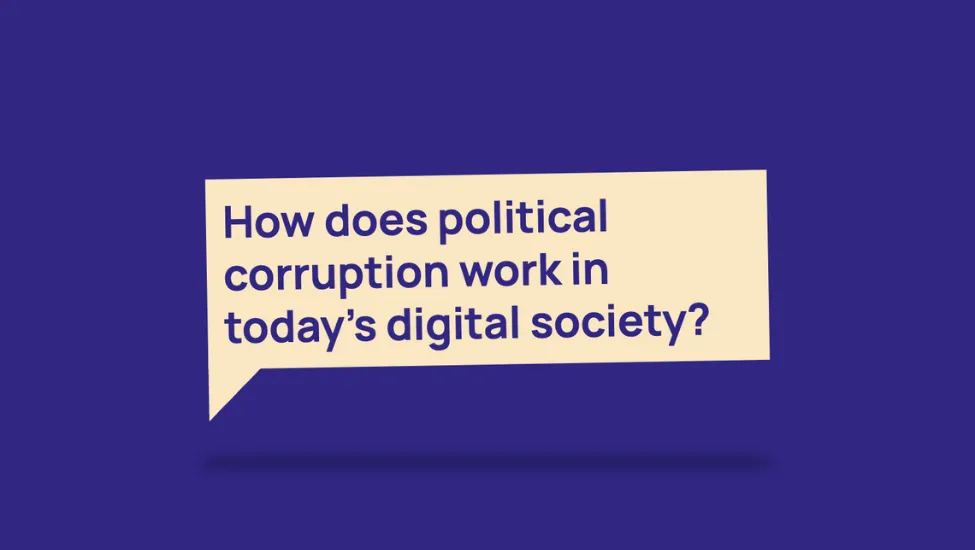
Political corruption poses significant threats to the quality of democracy, but current research has overlooked key areas crucial for understanding and addressing this issue.
The RESPOND project is dedicated to filling four critical gaps in the study of political corruption, focusing on how undue influences affect democratic processes and how emerging digital technologies can either perpetuate corruption or foster pro-integrity initiatives.
Over five years (2024-2029), RESPOND will engage in interdisciplinary research and collaboration with various stakeholders to offer practical solutions.
King's College London's research team leads the work package regarding practices related to capturing legacy and digital media. The focus is on investigating how different types of actors engage in the strategic manipulation of both legacy and digital media to facilitate the emergence and enhancement of political corruption. Thus, the aim is to analyze how corrupt political actors abuse and bias traditional media to support their strategic goals, in the national context across different European countries. A particularly challenging area of inquiry relates to new practices corrupt political actors deploy in the social media to support their strategic goals. Most importantly, King's team aims to develop and test policy solutions to counter political corruption in the media.
Our Partners

Principal Investigators
Investigator
Affiliations
Funding
Funding Body: European Commission Horizon 2020
Amount: €5,531,961.25
Period: May 2024 - April 2029

